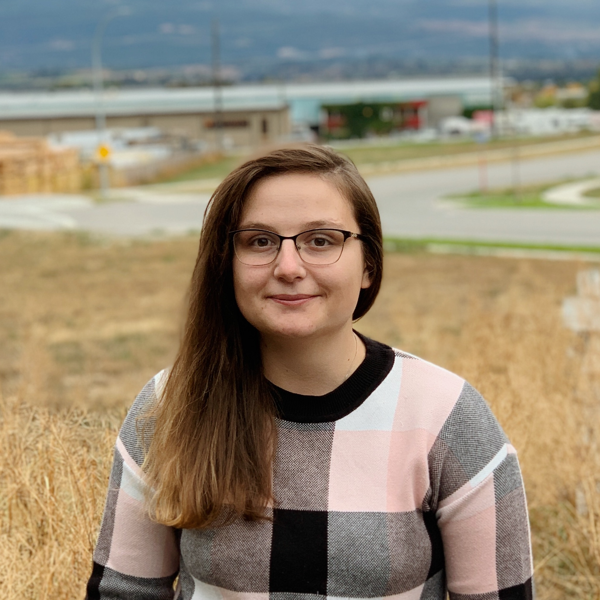Kenya Thompson

Feminist Political Economy, Social Reproduction, Unpaid Domestic Labour, Time Use, Social Policy & the Politics of Care and Parenthood
- MA Candidate
- Email Kenya Thompson
Before beginning your studies at the Institute of Political Economy where did you study and what program(s) were you enrolled in?
I completed a Bachelor of Arts at Mount Saint Vincent University in Halifax, Nova Scotia, with a major in Public Policy Studies and minors in English and Canadian Studies.
What is it specifically that attracted you to study Political Economy at Carleton?
I was drawn to its interdisciplinary nature. My richest academic experiences have come from drawing connections between seemingly unrelated ideas, concepts, or disciplines—since you can take a variety of courses across departments, such opportunities are embedded into the Political Economy program.
My areas of research interest include…
I’m interested in feminist political economy, specifically social reproduction, unpaid domestic labour, time use, social policy (especially childcare), and the politics of care and parenthood. I also study poverty and inequality through an intersectional lens.
My current research focus is how experiences of care impact one’s social mobility over time—thus impacting the “linearity” or “non-linearity” of their lifespan, and interactions with the state—and how these conditions are reproduced generationally.
What activities have you been involved in lately? (work placement, work experience, Undergraduate research, research positions, volunteer work, awards, travel, favourite books)
For most of my undergrad, I was a senior tutor at my university’s Writing Centre, and was a Research Assistant in the both Political Studies and Economics departments. I was actively involved in my students’ union, holding several elected and hired positions, and was involved in activism both on and off campus. I also provided research support to the Canadian Centre for Policy Alternatives Nova Scotia, assisting with several living wage reports as well as the 2019 Social Policy Framework.
These days, when I’m not working as a TA for the Economics department or doing readings, I do freelance editing, proofreading, and research. Left to my own devices, I enjoy writing (mostly poetry and non-fiction prose), genealogy (researching on my own lineage, and working with others on a collaborative family tree), and practicing ASL (very poorly so far).
What advice would you give to a prospective Political Economy graduate student?
Be curious! Particularly in your own area of research of course, but also those of others. Dare to think and study across disciplines, and be open to the new ideas that emerge at their intersections.